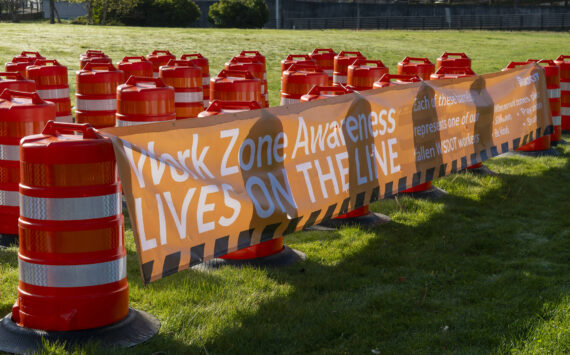At 2 p.m. today, the Seattle city council will likely approve legislation that would allow developers to build bigger and denser than is currently permitted. In exchange, those developers have to include a certain number of affordable housing units in the development or pay into an affordable housing fund. This is the “grand bargain” to which Mayor Ed Murray so often alludes: upzones in exchange for more affordable housing.
More specifically, council bill 118736 creates a “framework” for requiring affordable housing as part of residential development in Seattle. Known as the Mandatory Housing Affordability for Residential Development (MHA-R, or “M’HAR!”), the bill “by itself does not implement MHA-R in any zone or area,” according to the bill’s Summary and Fiscal Note. “Instead it creates a regulatory framework proposed to be implemented in 2016 and 2017 with adoption of zoning changes providing the necessary development capacity increases,” i.e. up-zones.
In other words, today’s M’HAR! bill creates a broad set of rules for how developers will pay for density with affordable housing, but the details—How dense? How much?—will be hashed out at a later date.
This legislation was one of the key recommendations made by the mayor’s Housing Affordability and Livability Agenda task force last year. Its sponsor, councilmember Rob Johnson, wrote on his blog, “Resulting from years of negotiation and compromise, MHAR is one of the most ambitious efforts Seattle has ever undertaken to address our growing need for affordable housing and will have a very real impact on current residents and future generations of Seattleites.” A majority of the council—-Johnson, O’Brien, Herbold, Gonzalez, and Burgess—already voted in favor of the legislation when passing it out of committee.







